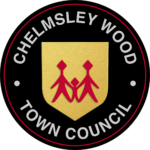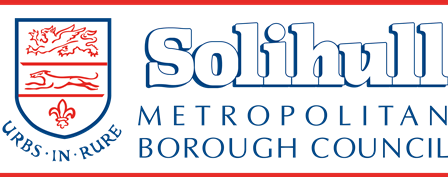Frequently Asked Questions
Frequently Asked Questions
Town Councils are the first tier of local government and are statutory bodies.Also known as Local Councils, which is a universal term for community, neighbourhood, parish and town councils.
They serve electorates and are independently elected and raise their own precept (a form of council tax). There are 10,000 local councils in England with over 30% of the country parished and 100,000 councillors who serve in these local councils, with over £1b being invested into these communities every year.
Read more at https://www.nalc.gov.uk/about-local-councils
An amount of your Council Tax is collected on behalf of each parish to pay for services such as playing fields, allotments,and open spaces.
They have a wide range of powers and duties which essentially relate to local matters, such as looking after community buildings, open space, allotments, play areas, and much more. They also have the power to raise money through the Council tax. They have a duty to appoint a Chairman and to employ a Clerk.
A full list of the powers and duties of the Town Council can be requested from the Clerk by email at clerk@chelmsleywood-tc.gov.uk or phone on 0121 770 4499.
The Council do not hold responsibility for areas such as housing and roads. Links for information on these subjects can be found in useful links section of this website.
Parish Councils are funded through Council Tax by precepting for a sum to be raised by Solihull MBC and by income from any service they provide.
The Council is made up of Councillors elected by the electors of the parish and elections take place every four years.
The Councillors represent five wards, Heath, Chelmsley, Hall, Alcott and Arbor. Councillor information can be found on The Council section of the website.
At the Annual General Meeting the Parish Council elect one member to be the Chairman of the Council. The Council has a paid officer who organises meetings and helps to carry out the Council’s decisions and this is normally the Clerk who is the Responsible Finance Officer. The Clerk does not vote or make decisions this is the role of the Councillors.
Councillors are voted for during election years, however during non election years if a position is available you can apply to become a Councillor through co-option. The forms to apply for this can be requested from the Clerk to the Council.
To qualify to be a Councillor you have to be:
A British subject, or a citizen of the Commonwealth or the European Union.
On the “relevant date” (i.e. the day on which you are nominated or, if there is a poll, the day of the election) 18 years of age or over.
On the “relevant day” a local government elector for the Council area for which you want to stand.
Additionally you must have:
During the whole of the 12 months preceding that day, occupied as owner or tenant any land or other premises in the Council area.
During that same period had your principal or only place of work in the parish.
During that 12 month period resided in the parish. In the case of a sitting member of a parish or community Council you can also satisfy the criteria to be elected if you have lived in the parish or within 3 miles of it for the whole of the 12 months preceding the “relevant day”.
You cannot stand for election if you:
Are subject of a bankruptcy restriction order or interim order.
Have, within five years before the day of the election, been convicted in the United Kingdom of any offence and have had a sentence of imprisonment (whether suspended or not) for a period of over three months without the option of a fine.
Work for the Council you want to become a Councillor for (but you can work for other local authorities, including the principal authorities that represent the same area).
1. Decision making – Through meetings and attending committees with other Council members, Councillors decide which activities to support, where money should be spent, what services should be delivered and what policies should be implemented.
2. Monitoring – Councillors make sure that their decisions lead to efficient and effective services by keeping an eye on how well things are working.
3. Getting involved locally – As local representatives, Councillors have responsibilities towards their constituents and local organisations. These responsibilities and duties often depend on what the Councillor wants to achieve and how much time is available, and may include:
• Going to meetings of local organisations such as tenants’ associations.
• Going to meetings of bodies affecting the wider community.
• Taking up issues on behalf of members of the public.
4. Monitoring the spending of the Council and ensuring funds are being used for the benefit of the community.
Since 2004 Councils can pay Councillors allowances and these are subject to tax and national insurance contributions where applicable. Chelmsley Wood Town Council has chosen to maintain a strictly unpaid status apart from an annual allowance paid to the Chairman.
All meetings of the Council must be open to the general public and press, except in very exceptional circumstances. The time and place of meetings must be advertised beforehand including on notice boards, social media and the Council website. The Clerk will also be able to provide information about meetings.
There will be an agenda item for the public to speak and ask questions. Once the normal business on the agenda begins then members of the public cannot contribute to the meeting.
Once the minutes have been ratified a copy of the minutes is placed in the Council Office and copies can also be found on this website.
All agendas can also be found on the notice boards, social media and website.



